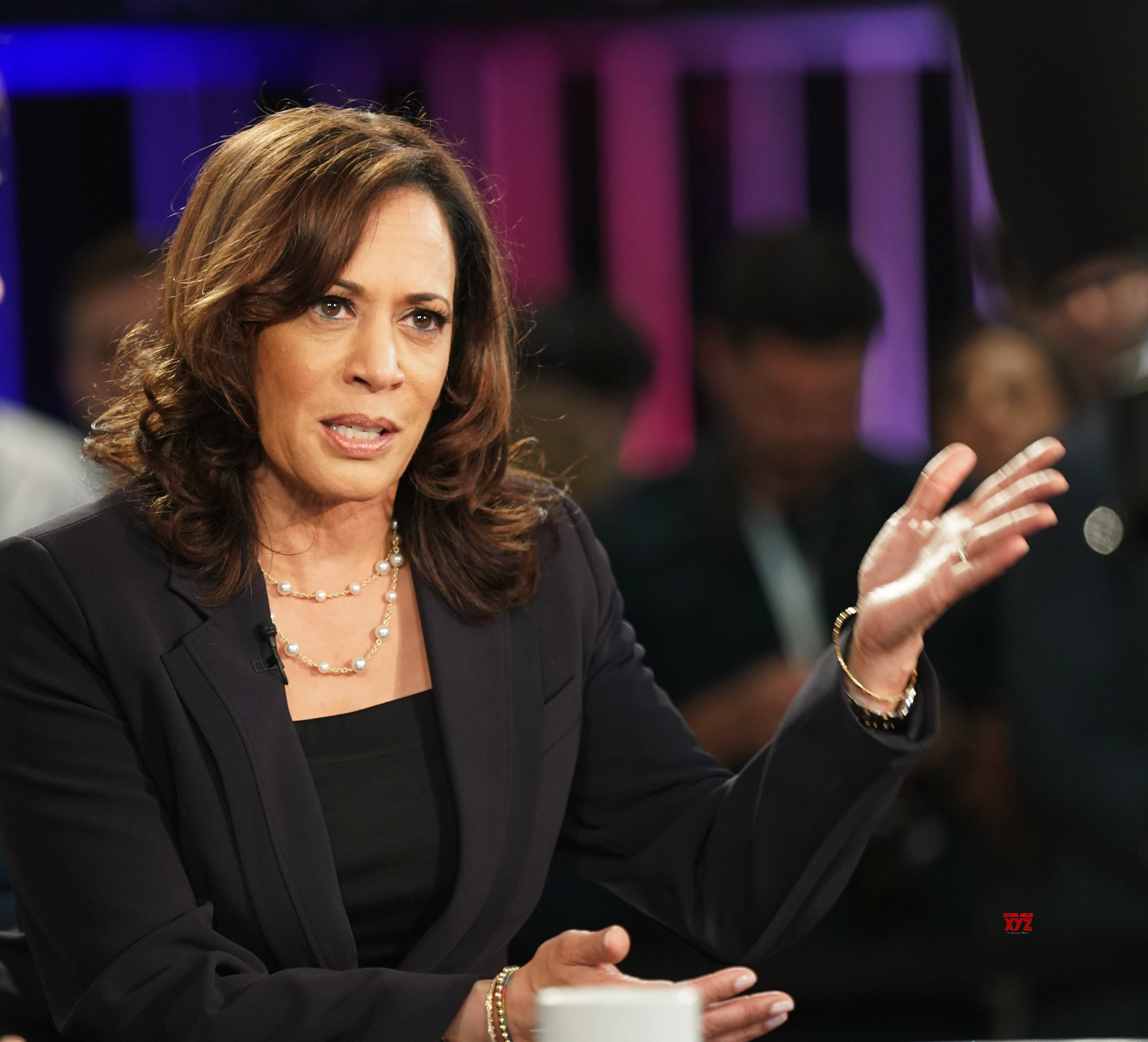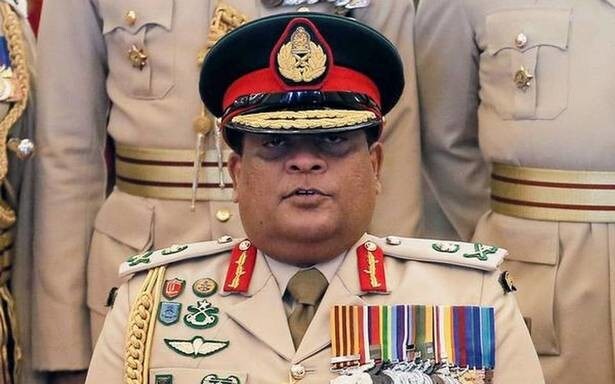
WASHINGTON: Finance Minister P Chidambaram met his American counterpart Jack Lew and raised concerns of Indian IT companies on visa issues in the comprehensive immigration reform bill which is currently under the consideration of the Congress.
Lew, who led the American delegation for the annual India-US Economic and Financial Partnership meeting, is understood to have assured Chidambaram that he would work towards addressing concerns of the Indian IT companies, particularly those related to H-1B and L-1 visas, within the limitations of US laws and system, a top Indian official said.
“Our Finance Minister raised the concerns that we have with regard to the visa issues, which is presently of great concern to IT companies and also on issues related to FATCA (Foreign Account Tax Compliance Act), which is likely to come to operation shortly as one of the US laws,” Economic Affairs Secretary Arvind Mayaram told PTI immediately after the meeting.
“Secretary Lew carefully noted our concerns. They have assured us that within the limitations of the US system and the US laws they will try and see how far they can go to assuage the fears and concerns of the Indians on this,” he said.
The meeting held at the IMF headquarters in Washington, instead of the Treasury building because of the ongoing government shutdown lasted for about an hour.
“There was a broad spectrum of discussion between the Finance Minister and the Secretary of Treasury. It covered the entire gamut of economic and financial relationship which included areas of anti-money laundering and financing for terror,” Mayaram said.
“We also discussed the opportunities which exist for increasing the investments from the US in India, especially in infrastructure and also the new opportunity which may be available to US banks to expand their operations in India,” he said.
Broadly there was this understanding that there will be deepening of the relationship between the two countries, Mayaram said.
Chidambaram and Lew also decided that they will meet next year in India to continue the dialogue further, he said.
From the US side, Lew raised the issues of taxation and intellectual property rights.
“The Finance Minister explained to them how our laws are fully complaint with the WTO (World Trade Organization) and that the decisions of the Government of India on several issues including compulsory licensing were very much in line with international practice,” Mayaram said. -PTI
STEPS TO BOOST GROWTH, REVIEW ECONOMIC TIES
An official Indian statement after the meeting said India and the US have agreed that sound macroeconomic policies, structural reforms and strong prudential frameworks will help boost economic growth, as the two countries reviewed bilateral economic ties.
Finance Minister P Chidambaram held discussions with his American counterpart Jack Lew on bilateral economic cooperation as part of the fourth annual meeting of the India-US Economic and Financial Partnership.
“They (Chidambaram and Lew) agreed that sound macroeconomic policies, structural reforms and strong prudential frameworks will help us increase resilience to financial market volatility and boost economic growth.”
“In the meeting, the two leaders discussed recent economic and financial developments in our two economies and in the world at large, including US fiscal policy. The leaders appreciated that the Partnership has improved their mutual understanding of the challenges that both the economies face,” the statement said.
The details of the discussion were also reflected in an India-US joint statement.
Chidambaram and Lew held their meeting at the IMF headquarters in Washington as the meeting could not be held at the Department of Treasury because of the ongoing government shutdown.
The meeting was attended by US Federal Reserve Board Chairman Ben Bernanke, Reserve Bank of India Governor Raghuram Rajan, Securities Exchange Board of India Chairman U P Sinha and US Treasury Undersecretary Lael Brainard, among others.
The two delegations discussed the importance of investment for driving economic growth and job creation in their economies and ways to improve enabling environments to mobilize investment, especially for the financing of infrastructure.
In view of the commitment by US President Barack Obama and Prime Minister Manmohan Singh towards a high standard bilateral investment treaty (BIT), Lew and Chidambaram agreed to on increased engagement by experts from both governments.
The two underlined the need for expeditious progress to address all trade and investment policy issues of bilateral concern so as to remove obstacles and improve the business environment in both countries, the Indian statement said.
Chidambaram and Lew agreed to deepen their cooperation bilaterally and also at the multilateral fora, including the G-20, to achieve reforms for stronger, more sustainable and more balanced growth.
“They also reaffirmed the importance of enhancing the credibility, legitimacy and effectiveness of the International Monetary Fund (IMF) and the urgent need to ratify the 2010 IMF Quota and Governance Reform,” statement said. -PTI
READY FOR DIFFICULT DECISIONS ON DEFICIT
During an intervention at the IMF Committee plenary meeting, Chidambaram said India is committed to contain fiscal and current account deficits and the government will not hesitate to take difficult decisions to keep them under check.
“The government is committed to the path of fiscal consolidation and has drawn red lines for the two deficits (fiscal and current account). We shall not allow the red lines to be breached under any circumstances, and we shall remain within the red lines. We are prepared to take difficult decisions in this regard, should the need arise,” he said.
The government proposes to bring down fiscal deficit, an indicator of government borrowing, to 4.8 per cent of the GDP in 2013-14 from 4.9 per cent a year ago.
As regards the Current Account Deficit (CAD), Chidambaram had earlier said that all efforts would be made to contain it at 3.7 per cent of the GDP or USD 70 billion in the current fiscal. The CAD, which is the difference between inflow and outflow of foreign exchange, had touched an all time high of 4.8 per cent of the GDP or USD 88.2 billion a year ago.
Admitting that the government policies are directly responsible for the fiscal deficit and current account deficit, Chidambaram said, “necessary measures have … been initiated to contain the fiscal deficit and the current account deficit.”
Going forward, he said, “the commitment is to bring down the fiscal deficit to 3 percent by 2016-17.” -PTI
FOREX RESERVES TO DEAL WITH TAPERING
Mr Chidambaram told CNBC-TV18 in an interview that India is shoring up its forex kitty to deal with the impact of US tapering and expressed confidence that growth will revive in the second half of the current fiscal.
“Tapering will start. I think (US Fed Chairman) Ben Bernanke hinted again that tapering will start. We are in fact prepared for tapering… we are preparing for tapering…So we are taking a number of steps to shore up foreign exchange reserves”, he said.
Tapering refers to gradual withdrawal of monetary stimulus by the US Federal Reserve. The reversal of the easy money policy by the US is expected to impact the global markets as well as the economy.
“First of all we are shoring up our foreign exchange reserves. Since the FCNRB revised policies were announced, we have had about USD 7.4 billion coming in.
“Secondly, we have entered into an agreement or we will enter into an agreement with Japan for a USD 50 billion swap arrangement. Thirdly, portfolio investment has brought in about USD 2 billion already, then we are encouraging oil marketing companies (OMCs) to borrow abroad to finance their purchases of oil”, he said.
Liberalized External Commercial Borrowings (ECB) norms will also bring in some money, he said, adding investment proposals in the telecom sector too were expected to fetch forex reserves in November and December.
“So a number of things, number of steps have been taken but I think this time Ben Bernanke will be a little more careful, more calibrated and he will perhaps communicate his actions well in advance”, he said.
Answering questions on growth prospects, Chidambaram said “let us wait to see what Q2 brings and I am sure the second half of the year that is Q3 and Q4 will be much better than Q1 and Q2.”
Growth has dipped to decade’s low of 5 per cent in 2012-13 and during the first quarter of the current fiscal it was 4.4 per cent.
“True, in the Q1 of 2013-2014, growth slowed down to 4.4 per cent but unless there is a further slowdown, why should I lower it below 4.4 per cent? It can only be up from 4.4 per cent”, he said.
IMF OUTLOOK PESSIMISTIC
Chidambaram had earlier questioned the move of the International Monetary Fund (IMF) to lower the growth forecast of the current fiscal to 3.8 per cent from 5.6 per cent in July.
“We do not share this pessimistic outlook. We also believe there is a need for reviewing the methodology for growth projections as in the past International Monetary Fund (IMF) projections have often been at divergence with final growth numbers,” he had said.
Chidambaram had been maintaining that India’s growth rate in the current fiscal would range between 5 to 5.5 per cent.
WALMART WILL BE A ‘SPECK’
The world’s largest retailer Walmart will be a ‘speck’ in India’s market and its absence won’t make a huge difference in the country, he said.
“India’s retail market is driven by millions of standalone stores. India’s retail market has been strengthened by Indian retail chains. So why do we assume that Walmart will make a huge difference to India’s retail market?”
He was replying to a question on whether Walmart’s move to part ways with joint venture partner Bharti Enterprises was a setback for the Indian retail sector.
Bharti and Walmart said on October 9 that they have reached an agreement to independently own and operate separate business formats in India and discontinue their franchise agreement in the retail business.-PTI
US INDUSTRY SEEKS LIFTING OF FDI CAPS
Seeking an economic system in India that rewards and protects intellectual property, the US industry has urged Finance Minister P Chidambaram to lift the FDI caps in important sectors like insurance and defense.
In a meeting with the finance minister, a group of US industry executives from the US-India Business Council (USIBC) sought adjustment in the retail policy to attract major investment and organized players into India.
The Finance Minister engaged with the executives on important topics that have dominated the bilateral commercial relationship in recent months – tax treatment of investments in India, and the protection of intellectual property (IP) – the USIBC said in a press statement.
It noted that collaboration in innovative technologies will require “an ecosystem that rewards and protects IP and discussed the need for improvements to infrastructure and increased investment in defense and energy.”
USIBC advocated for the lifting of FDI caps in important sectors like insurance and defense, and for adjustment of the retail policy to attract major investment and organized players into India, the statement said.
“The Finance Minister affirmed the strong ties between India and the United States and the importance of the commercial relationship,” USIBC President Ron Somers said.
He said that bilateral trade of USD 500 billion by 2020 is an achievable goal if they work together in partnership in an environment that provides predictability, consistency and transparency.
“Outstanding issues will be resolved through constructive dialogue, and USIBC looks forward to working with India to enable such dialogue,” Somers said.
On India’s push to develop local manufacturing, the group emphasized that market-based incentives rather than mandates should be the drivers that attract manufacturing, it said.
While appreciating the progress made to date on the manufacturing policy, the executives recommended that India make clear that the private sector is excluded from any localization requirements. -PTI






